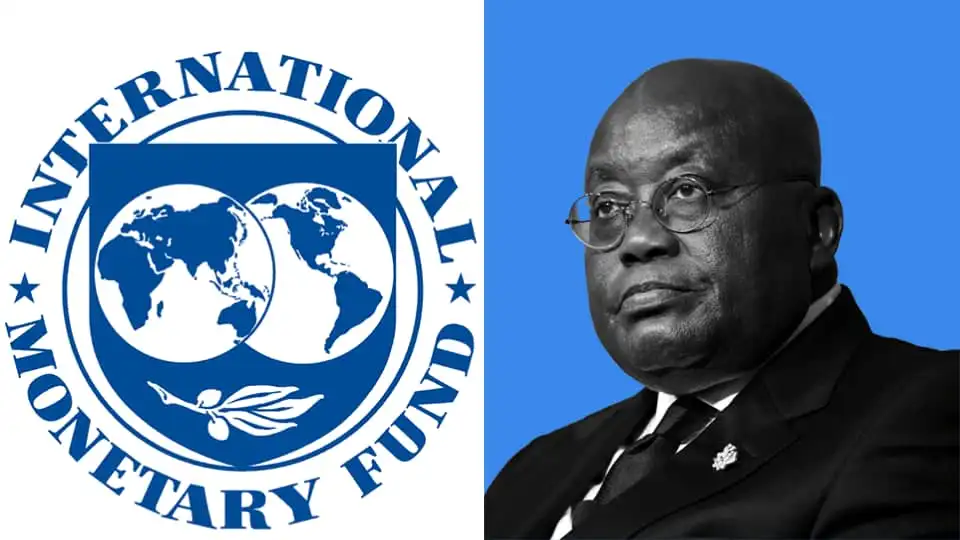BoG moves to curb cedi depreciation amid festive season demand

Accra, Ghana - November 1, 2024 - The Bank of Ghana (BoG) is taking proactive measures to shore up its reserves in a bid to curb the cedi's depreciation against major foreign currencies.
With the festive season approaching, demand for forex is expected to surge, and the central bank aims to reassure businesses and consumers by steering the local currency towards greater stability.
Currently, the cedi is trading at nearly GHS 17 to a dollar on the forex market, reflecting a year-to-date depreciation of 24.3%. However, BoG Governor, Dr. Ernest Addison emphasizes that strengthening reserves is crucial to mitigating fluctuations in the cedi's value and safeguarding economic stability.
“Some are praying that the cedi will recover to GHS 10.00 to a dollar. These are the problems in our economy, the issues about the exchange rate and financial sector issues. But I think the good news is that we are making progress because the developments we are seeing are not different from other jurisdictions.
“So, we need to stay focused and implement the appropriate policies and build buffers to be able to support the progress we have made.”
“We have $7 billion dollars in foreign exchange reserves. If I want to drive the dollar-cedi rate at GHS 10, I can do that tomorrow. But what about the day after tomorrow? So, we are balancing various factors, trying to build reserves and managing the exchange rate. So, all is not lost yet, there is some silver lining in the cloud, hopefully we will see the appreciation of the currency”, he added.
Key Strategies:
- Building Reserves: Boosting foreign exchange reserves to mitigate fluctuations
- Managing Exchange Rate: Balancing various factors to stabilize the cedi
- Fostering Investor Confidence: Implementing policies to support economic stability
Dr. Addison's comments came during the launch of "The Concise Law of Banking," a comprehensive guide to banking law authored by Afua Appiah-Adu. The book covers fundamental topics, including bank regulation, supervision, and licensing, as well as banker-customer relationships and electronic payment systems.
Source: Lead News Online
























































